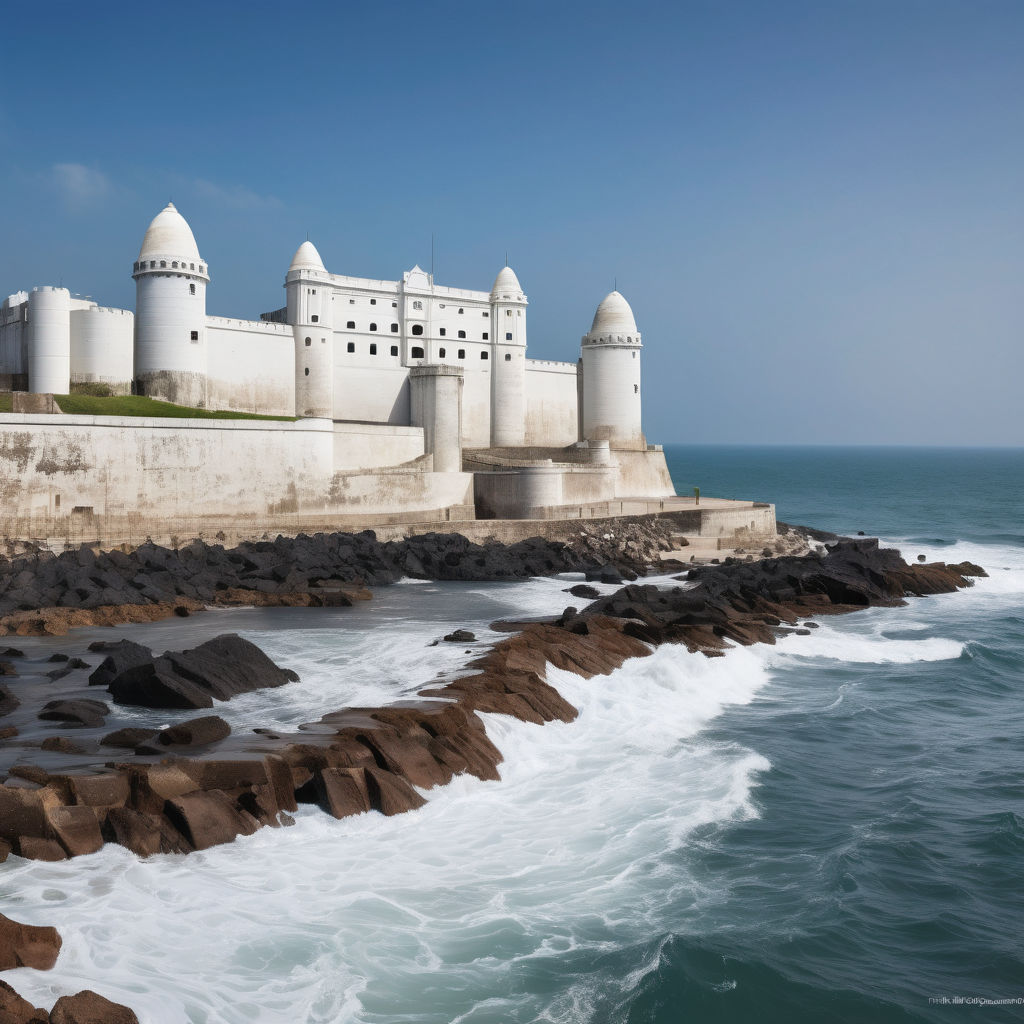Discover Ghana: A Cultural Mosaic in West Africa
Exploring Ghana’s Rich Heritage, Social Dynamics, and Cross-cultural Engagement

Introduction to Ghana
Ghana, officially known as the Republic of Ghana, is located in West Africa. It is bordered by Côte d'Ivoire to the west, Burkina Faso to the north, Togo to the east, and the Gulf of Guinea and the Atlantic Ocean to the south. Major cities include Accra (the capital), Kumasi, Tamale, and Sekondi-Takoradi. Ghana’s rich cultural heritage is a blend of ancient traditions and modern influences, reflecting its history as one of the earliest African kingdoms and its pivotal role in the trans-Saharan trade routes. The country is renowned for its vibrant music and dance traditions, colorful festivals, and unique textiles, such as Kente cloth.
Cross-national and Cross-cultural Understanding
Ghanaians generally perceive and engage with other cultures with warmth, hospitality, and a strong sense of community. The country’s history as a hub for trade and interaction with various cultures has fostered a deep appreciation for cultural diversity and international engagement. Ghana actively promotes cross-cultural understanding through various initiatives and programs. Significant cultural exchanges and educational programs highlight Ghana’s commitment to fostering global engagement. Institutions such as the National Commission on Culture and the University of Ghana promote Ghanaian culture internationally through events, exhibitions, and language courses. Additionally, the government supports scholarships and exchange programs, such as those facilitated by the Ghana Scholarship Secretariat, which promote academic and cultural exchanges, fostering mutual understanding. International partnerships also enhance cross-cultural understanding. Ghana is an active member of international organizations such as the United Nations, the African Union, and the Economic Community of West African States (ECOWAS), promoting cultural cooperation and exchange. These partnerships facilitate student exchanges, collaborative research projects, and cultural festivals, strengthening Ghana’s cultural ties with the world.
Interactions and Social Dynamics
Interactions between Ghanaians and foreigners are typically characterized by friendliness, politeness, and a strong sense of community. Ghanaian social behaviors are influenced by cultural values such as "Akwaaba" (welcome), "Agyapadie" (respect), and "Nkabom" (unity). These values are often reflected in the way Ghanaians engage with outsiders. Social behaviors in Ghana emphasize respect and politeness in initial interactions, quickly becoming more informal and warm. Greetings often involve a handshake, and among close acquaintances, a hug or a pat on the back. Hospitality is a significant aspect of Ghanaian culture, and guests are often treated with great care and generosity, frequently invited to share meals and participate in social gatherings. Communication styles in Ghana are generally direct yet polite. Ghanaians value honesty and clarity in communication, often engaging in open and respectful discussions. Non-verbal communication, such as hand gestures and facial expressions, plays a significant role in interactions, adding to the overall expressiveness of conversations. Language plays a crucial role in facilitating interactions. English is the official language of Ghana, while Akan, Ewe, Ga, and other indigenous languages are widely spoken across the country. Multilingualism is valued and encouraged, especially in educational and professional settings.
Views on Dating and Relationships
Dating and relationships between Ghanaians and foreigners are becoming more common, particularly among younger generations and in urban areas. Ghanaian society tends to be conservative about relationships, heavily influenced by cultural and religious norms. However, there is a growing openness towards cross-cultural relationships as opportunities for international exposure increase. In Ghanaian dating culture, there is often a strong emphasis on family approval and social harmony. Relationships are typically pursued with a long-term perspective, and traditional gender roles can play a significant role. Men are often expected to be providers and protectors, while women are expected to be nurturing and supportive. Cultural expectations and traditions, such as the importance of family approval and adherence to religious practices, can impact relationships. Understanding and respecting these cultural norms is essential for successful cross-cultural relationships in Ghana.
Marriage and Family
Marrying foreigners is accepted in Ghana, though it comes with certain social and familial considerations. Legal considerations for such marriages involve specific regulations governed by Ghanaian civil and customary law. Non-Christian spouses are often encouraged to convert to Christianity, which can be a significant consideration for cross-cultural marriages. Socially, Ghanaian families may initially have reservations about cross-cultural marriages due to concerns about cultural differences and social compatibility. However, acceptance typically increases as relationships develop and families get to know the foreign partner. Family plays a central role in Ghanaian culture, and marrying into a Ghanaian family often involves participating in family gatherings and traditions. Common practices in cross-cultural marriages include celebrating both Ghanaian and foreign traditions, creating a blended cultural environment. For example, a couple might celebrate Ghanaian holidays like Independence Day and Homowo alongside holidays from the foreign partner’s culture.